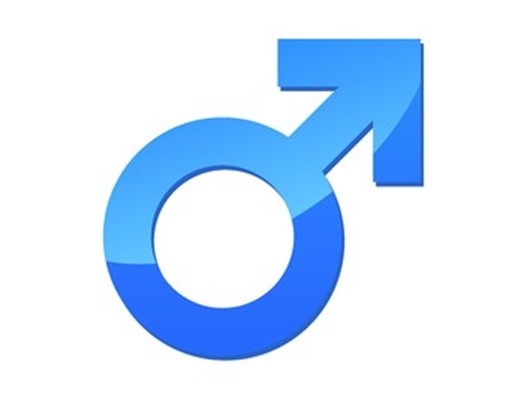
Today I was reading about Rachel Cusk’s new memoir, which apparently is all the rage in literary circles. And I remember feeling really stirred up about this woman. She just seemed so horribly adjusted to life and self-centered. From her own account her husband had sacrificed for the sake of the family and yet she came to despise him and then conduct a competent assassination via memoir. I even learned something about myself from a commenter in one of the articles reviewing what she wrote:
In my opinion, one of the first rules of divorcing parents is that they should NEVER slag off their children’s other parent. I lost a lot of sympathy for Princess Diana when she slagged off her boys’ father to the world all the while saying what a caring mother she was. This man, with experience of other people’s divorces, appears to agree with me.
That puts my feelings for Princess Di in a nutshell. And mind you she died when I was still a Halfling that couldn’t quite put his feeling into words. She got to run around (good on you) after a heartbreaking arranged marriage (wait, you didn’t know the score?) and still broadcast herself as the ideal mother. I was happy for her to be happy but the “I’m definitely better than you” vibe affronted my maleness (we can quibble on whether this is good or bad, just being honest). I think my mind was hedging for a possible future where I might be (as many men might) in the same situation and preemptively not liking it. It’s also the reason I’m not into Elton John – his ‘candle in the wind’ jive seemed to epitomize the triumph of her idealized story over the more earthy and complicated reality and to me that violated the ‘bro code’. Look, life is complicated, men cheat, women stray; but as long as we’re being mature about dealing with bad choices, there is no need to don a coat of moral superiority about anything related to the offspring and more. Sometimes even in the face of serious betrayal.
And this is the microcosm of a larger issue. There’s a lot of pressure for men to be BETTER. Better partners, more domestic, less wayward and prowly. More supportive, more feminine. All in the context of monogamous marriage. But what if, this all gets taken for granted? What if, at the end of the day she still just hates your guts and calls you @#$! in front of her girlfriends, her family and the world? Then all that subjugation of primal energy which takes an enormous amount of mental control, all sacrificed at the altar of happier families, wives, children, will be for naught. Men fear this. The idea that the very sacrifice that we’re being asked to make, our investment against our baser instincts, will be devalued and worthless. And in fact in the case of Rachel’s husband, he was devalued precisely because he had gone along with the things he had been asked: stop working, take care of the children, cook; all to end in a loss of respect and contempt.
I’m not defending men. Our peculiar needs and foibles are as confusing as women’s; but I am articulating a primal fear that exists in modern men. They want to be seen as heroes where they work and at home. They want to be valuable to their families. And they’re being asked to be valuable in very different ways than before. But they are wary about the payoff of these new ways of being – they suspect that it’s a trap and the payoff is not worth the present joys of being uncompromisingly and unapologetically unevolved.

One Response
The thing is … what if one is decidedly and consciously ‘not modern’ … ‘un-evolved’ as you put it?
One wants polygamy (with attendant problems of course), another wants to feel unfettered and free? A bad pledge is a bad pledge, is a bad pledge. The only thing to do is to cut one’s losses; hope and pray … but only if you are the praying kind. Hang on a minute (is that un-evolved ?) ; praying that is. And the kids ? They need prayer too.
What’s fairly certain is that the model of ideal manhood pushed out to ‘modern man’ is at one and the same time a little prison if or when adopted. But not to worry – what’s true of men, is also true of the fairer sex. Here we may wryly twist and (with some genuine sarcasm) re-do Jean-Jacques Rousseau quaint phrase: ‘Women are born free, but everywhere, they are in chains’ . 🙂